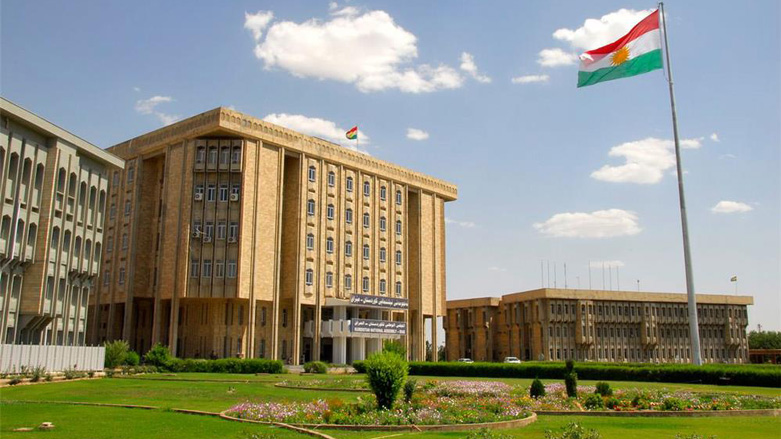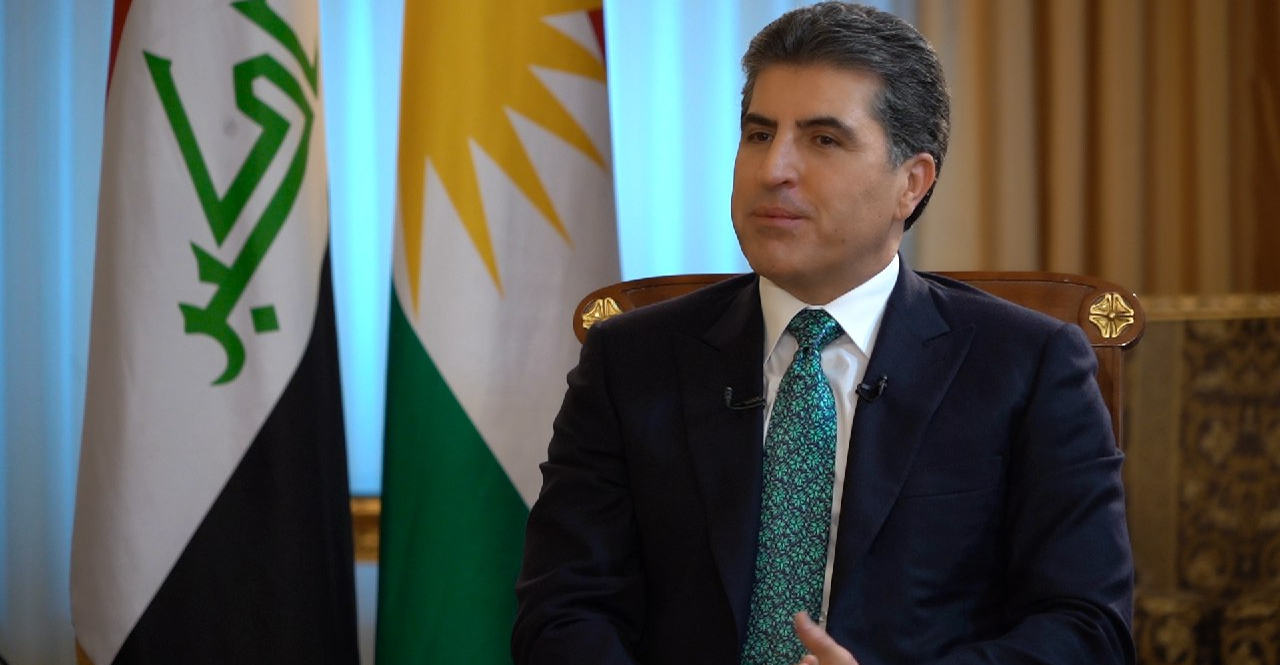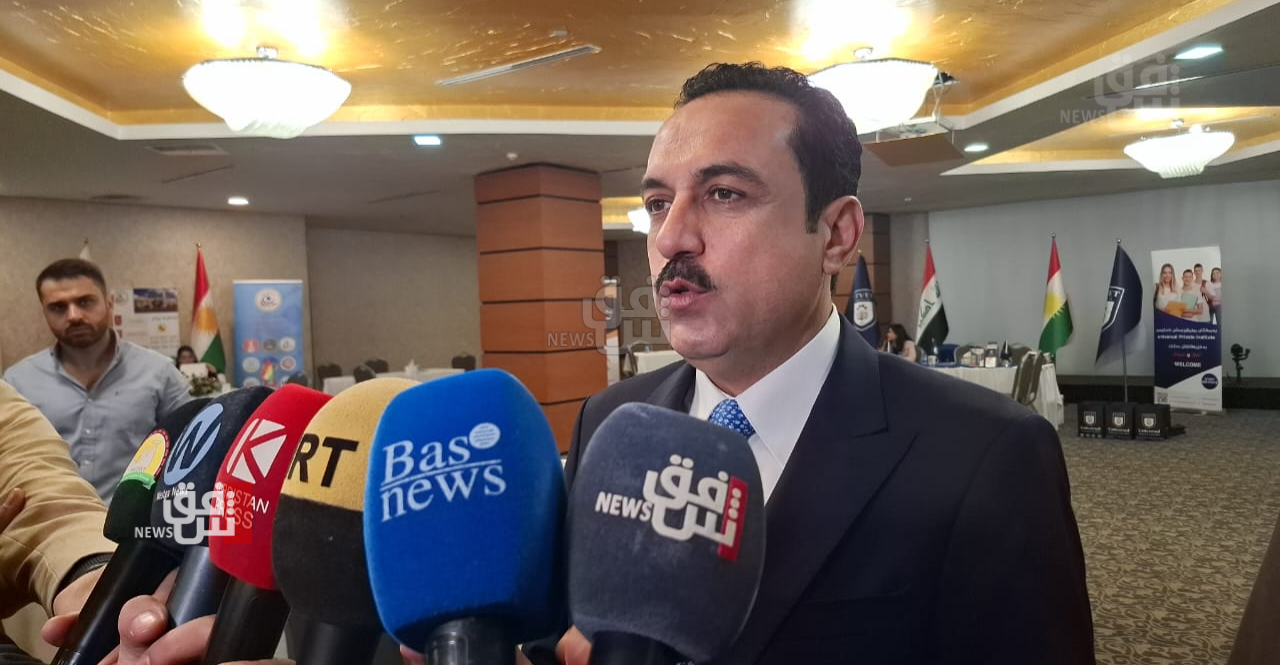Christian parties in Iraq criticize Federal Court's decision on minority quota in Kurdistan parliament

Shafaq News/ Christian parties in Iraq voiced strong criticism on Wednesday against the recent decision by the Federal Supreme Court to cancel the quota for minorities in the Kurdistan Regional Parliament, considering it "a threat to democratic foundations."
Last week, the Federal Supreme Court made several rulings on the Kurdistan Parliament's election law and declared the Kurdistan Region parliament's 11 minority seats "unconstitutional." It said the parliament has only 100 members, not 111 as before.
The six parties— the Assyrian Democratic Movement, Beit Nahrin National Union Party, Chaldean Syriac Assyrian Popular Council, Assyrian Patriotic Party, Sons of Mesopotamia (Abnaa al-Nahrain), and Bet Nahrain Democratic Party—issued a joint statement expressing their concern over the Court's decision, issued on February 21, 2024, annulled the quota seats for national minorities (Chaldean Syriacs, Assyrians, Turkmen, and Armenians) in the Kurdistan Regional Parliament, which were established by Law No. 1 in 1992.
According to the parties, the decision is "a clear constitutional violation, contradicting the Iraqi constitution that guarantees the rights of all components of the Iraqi people, especially national and religious minorities, as stated in Article 49 and Article 125."
"The decision undermines the principles of democracy, pluralism, and peaceful coexistence, which have been fundamental to the political experience in the Kurdistan Region…such actions could lead to further restrictions on basic freedoms and rights that have been achieved through the sacrifices of the Iraqi people."
The statement emphasized that the minorities affected by the decision feel it sends a political message questioning their national presence within the national fabric.
"The decision is a step backward that may pave the way for policies eliminating differences, both nationally and religiously, and possibly reviving concepts of political tyranny and majority dictatorship."
In response to the situation, the Christian parties called on national political forces to support the Iraqi national rights of these minorities and to denounce the Federal Court decision as unconstitutional and an unjust political strike against their rights.
Furthermore, the parties urged the United Nations and the international community to play a role in supporting the rights of national and religious minorities, calling for international intervention.
It is noteworthy that several ancient Christian communities, who now number an estimated 200,000 to 300,000 people from the 1.5 million, lived in Iraq before the U.S. invasion that toppled Saddam Hussein in 2003.
There are 14 officially recognized Christian sects in Iraq. Most live in Baghdad, the plains of northern Nineveh Governorate, and the Kurdistan region.
Chaldeans constitute the largest portion, comprising up to 80% of Iraq's Christians. Syriacs make up approximately 10%, while Assyrians represent around 5%. About 3% of Iraqi Christians are of Armenian descent, and Arab Christians constitute about 2% of the Christian population in the country.







